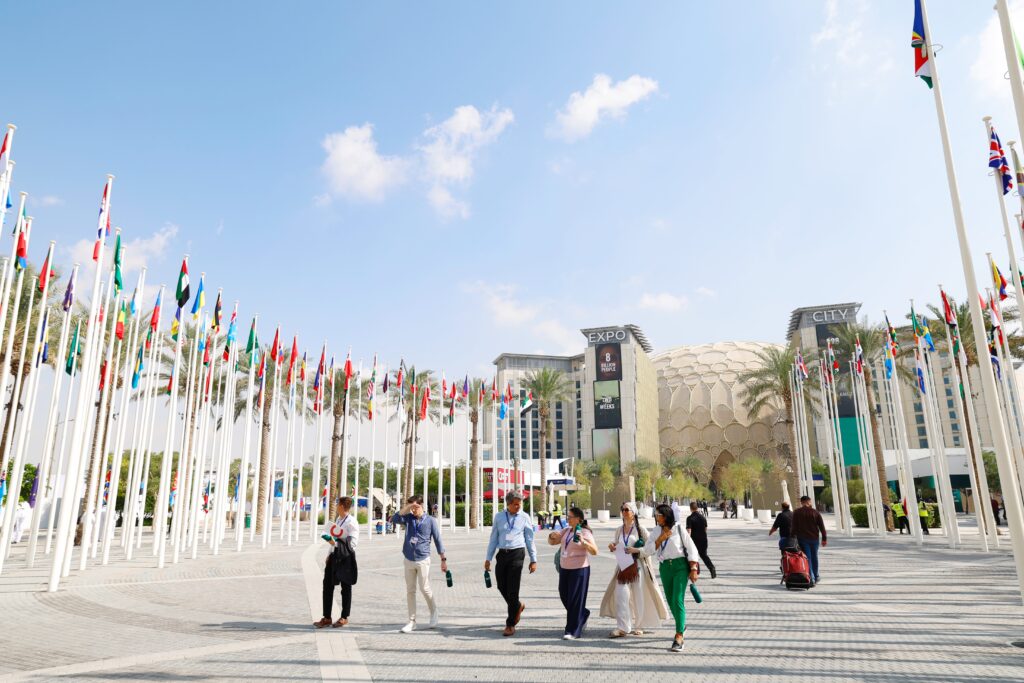
The 28th Conference of the Parties to the United Nations Framework Convention on Climate Change (COP28) opened in Dubai, United Arab Emirates, on the 30th local time.
The General Assembly, which will be held for the next 12 days, will seek countermeasures against climate change, including checking each country’s implementation of the ‘Paris Agreement’ adopted at COP21 in France in 2015.
The Paris Agreement, designed to replace the existing Kyoto Protocol, aims to limit the increase in global temperature to at least 2 degrees Celsius compared to pre-industrial times and to make efforts to curb it below 1.5 degrees Celsius.
At this COP28, the main agenda includes ways to convert fossil fuels to clean energy to reduce carbon emissions, and plans to raise funds to support developing countries from developed countries to achieve climate action.
It is also expected to adopt a “framework” containing natural-based climate change countermeasures such as sustainable agriculture for ecosystem restoration, and to launch a youth delegation to attract future generations’ participation.
“There is a strong view that the declaration to be agreed should include phrases on fossil fuels and renewable energy,” said Sultan Aljaber, chairman of the UAE, the COP28 country, in his opening statement. “I hope you will cooperate.”
“This is not enough, and they will be able to do more,” Aljaber said, noting that he thanked a number of UAE state oil companies for setting a 2050 “net-zero” (carbon neutral) target.
Simon Stiel, secretary-general of the United Nations Framework Convention on Climate Change (UNFCCC), warned at the General Assembly that “if we do not send an end signal in the age of fossil fuels, we will face our own end, and we will pay for our lives.”
Ahead of the opening of the General Assembly, UN Secretary-General Antonio Guterres said the goal should be a complete “phased disposal” of fossil fuels, adding, “Even if it is in line with a reasonable timetable, we will clearly support the expression of phased disposal.”
EJ SONG
US ASIA JOURNAL



